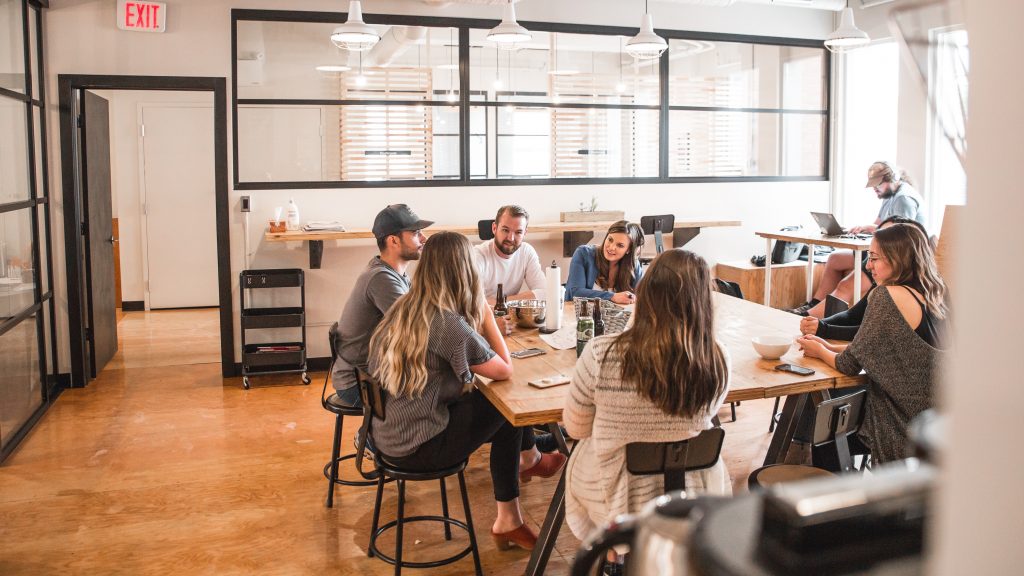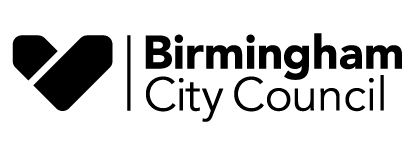
Hi, I’m Dave and I joined Cheryl’s team at Birmingham Council last week as Head of Capability and Culture for the IT & Digital division. I thought I would take this opportunity to talk about why this work is important, and what some of the things are that we are doing to take it forward.
We want to ensure that the changes we make over the next few years are sustainable and embedded across the organisation. This means altering the culture of the council as a whole, as well as our own teams, and developing the capabilities of our people so they are confident working in new ways, within new roles and new teams – using new technologies and approaches.
Moving to the new ways of working that the digital age has introduced, and approaches to that work, requires a fair amount of work to be put in. Change doesn’t happen in a vacuum: like anything, you need a plan and you need to be pretty good at executing it.
What is the culture we want to embed in IT & Digital? Basically, it’s the culture of the internet age:
- Collaborative – working together, across team and organisation boundaries. Think open source software, or Wikipedia
- Open – sharing our thinking out loud, helping us to refine our thinking, get feedback and allow others to benefit. Think blogging and participating in online networks and events
- User centred – putting users at the heart of our work to improve our services, ensuring their needs are fully met in a way that is convenient to them. A bit like how GDS has done with GOV.UK
- Adaptive – being adaptive to change means being able to respond quickly to shifts in circumstances, and not sticking to the dogma of the false certainties often presented by business cases and project plans. Think the various forms of agile delivery.
- Curious – the range of new and emerging skills, roles and ways of working are developing all the time. Creating a learning programme that covers the lot is impossible, so instead we need to harness people’s natural curiosity to hunt out the information and guidance they need. After all, it’s everywhere: YouTube instruction videos, ebooks, podcasts and so on.
…to name just a few.
Three ways we are already starting to embed this culture are:
- Blogging – using this blog as a starter, we want to encourage as many people to ‘work out loud’ as we can and realise some of the benefits of this kind of working
- Community of Practice – we have already started a digital community of practice in the council for all those interested in this stuff. We hope to create more self-sustaining learning communities that are focused on specific areas of practitioner interest in future
- Open handbook – our guide to doing things digitally in Birmingham is well underway! The alpha was written and built a couple of months ago; and we are now working on the beta, which will hopefully soon be fit for human consumption!
There’s more to come – including a learning framework that sets out the things we need everyone to understand about the core concepts of digital age working, and which will form the basis of regular messages that we really want to get across and be memorable. These will include:
- The digital age and how it affects the council
- The council’s digital strategy
- User centred service design
- Agile delivery of work
- Using data effectively and safely
…which I think are all fairly self explanatory.
To begin with there’s going to be a lot of content to produce – reusable chunks of words, pictures and video that can be used and reused in presentations, online workshops, e-learning courses and more.
On the capability side of things, as well as developing our own people, we also want to attract the brightest and best digital talent to the council. Local authorities across the country are struggling to recruit digital people, and they are in massive demand. We will tackle this by being as innovative as we can in designing job roles, career pathways and apprenticeship schemes.
We will keep sharing what we are doing on this blog, as part of our commitment to open working – a key element of the culture of the internet, as well as the local digital declaration – so others can benefit from it too.

Great start Dave – looking forward to more working in the open, and better collaboration between sectors